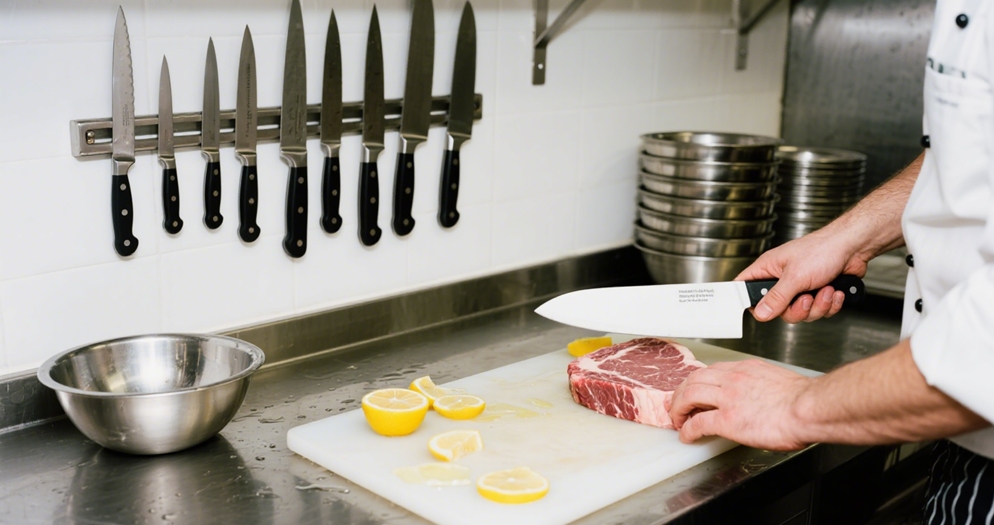In the kitchen of a three-Michelin-starred restaurant in Manhattan, New York, ingredients and utensils constantly interact. The chef uses a 304 stainless steel cutting board to process fresh lemons and steaks. Acidic juices and grease freely swirl across the board, yet his assistants remain unfazed by corrosion. During their lunch break, they place the cutting board in a 70°C dishwasher. After a 30-minute rinse cycle, the board emerges pristine, its surface still pristine. The barely visible oxide film acts like an invisible armor, protecting the metal’s essence.
SGS testing reports indicate that 304 stainless steel has an antibacterial rate of 99.9%, reducing bacterial growth by 87% compared to traditional wooden cutting boards. This is crucial for a restaurant serving over 200 guests daily, where food safety is a constant concern. The restaurant’s purchasing manager shared that since switching to this steel for all worktops and utensils in the kitchen, staff cleaning workload has been reduced by 40%, and the frequency of changing tableware has been cut in half. The worktop, exposed to intense 20-hour workdays, maintains a mirror-like sheen under the light, as if a testament to its loyal commitment to both food and health. Here, it transcends the realm of kitchenware, becoming a vital bridge connecting delicious food and peace of mind.

 Xinliheng stainless steel
Xinliheng stainless steel

